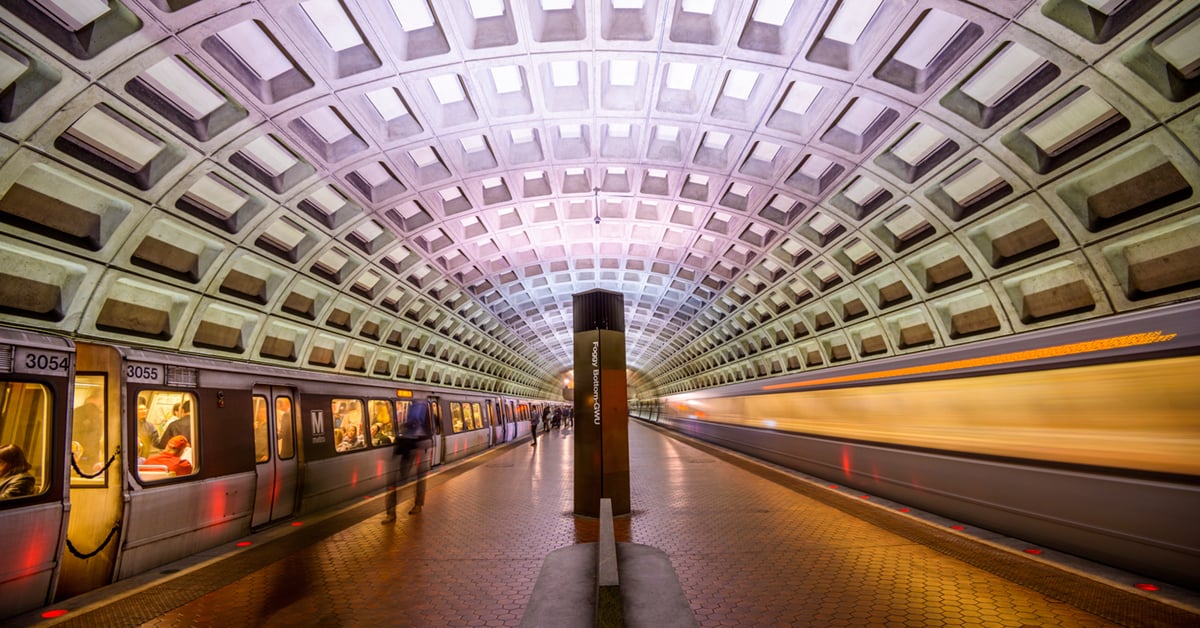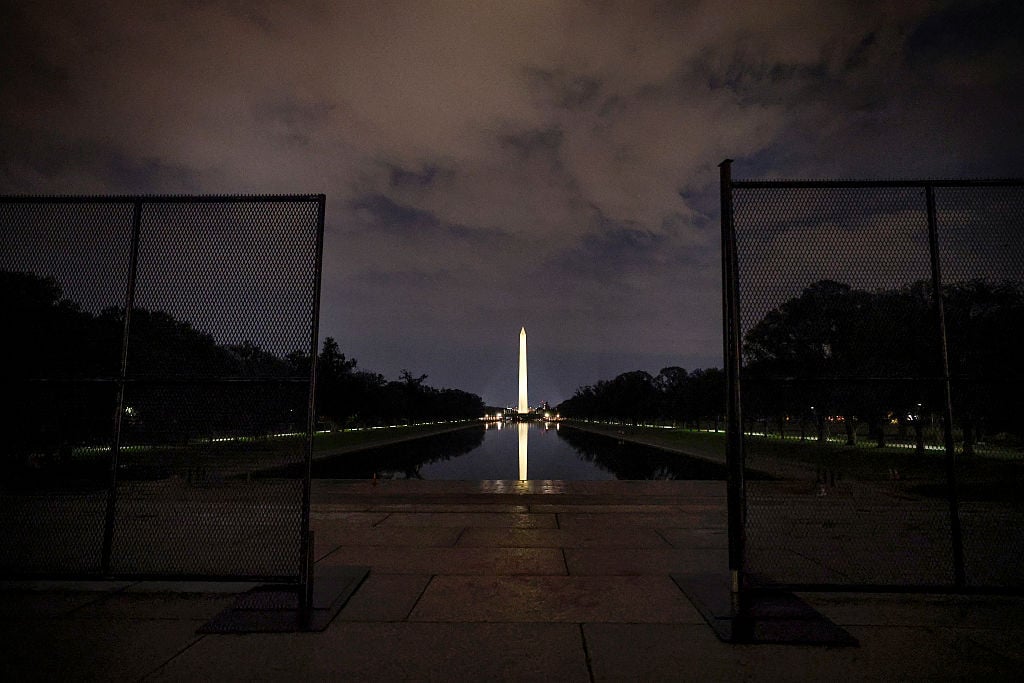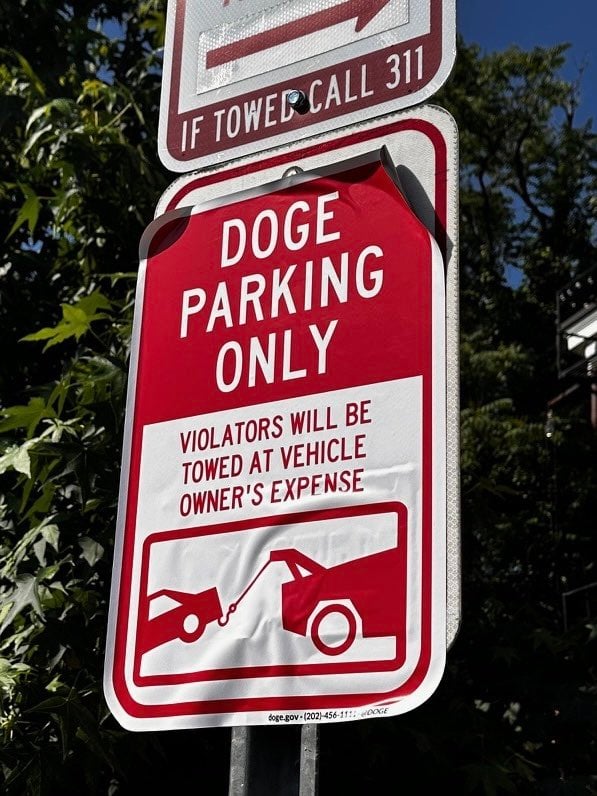On Tuesday, Paul Wiedefeld, general manager of the Washington Metropolitan Area Transit Authority, stirred outrage among DC Council members, business owners, and pretty much everyone else when he recommended Metro shut down its rail system earlier on weekends in order to create more time for track maintenance and other repairs.
Wiedefeld proposed making permanent Metro’s recent move to close at midnight on Fridays and Saturdays (instead of 3 AM) for the duration of its SafeTrack maintenance plan, and shutting down the system at 10 PM on Sundays, instead of its current closing time of midnight.
While the proposed changes have drawn the ire of everyone from restauranteurs to a spokeswoman for the Nationals, they have also raised concerns among drunk-driving researchers, who point out that closing Metro early means cutting a safe way home for weekend revelers. “Friday and Saturday evenings are absolutely the most dangerous times of the day, and of the week,” says Kurt Gregory Erickson of the Washington Regional Alcohol Project. “There’s every reason to be concerned.”
Indeed, when it comes to drunk-driving risk, Metro could not have proposed worse hours to shut off service. According to 2014 data compiled by the National Highway Traffic Safety Administration, the rate of alcohol impairment among drivers involved in fatal crashes was about 4 times higher at night than during the day, and almost 40 percent of fatal drunk driving crashes occurred on weekend nights. And while drunk driving fatalities are trending down nationwide, they’ve actually increased in DC in recent years.
It’s hard to definitively say that closing Metro stations early directly leads people to drunkenly stumble into their cars in greater numbers. But Emily Owens, an associate professor at the University of California, Irvine, says it’s likely that would be the effect. In 2008, while teaching at Cornell, she and fellow professor C. Kirabo Jackson tracked Metro’s introduction of late night service in the early 2000s and DUI arrests in the DC area. Their findings turned out to be a terrific argument for keeping Metro open as late as possible: each additional hour of late night service reduced instances of driving under the influence in DC by 9 percent. The study also revealed an unsurprising moral hazard: though people weren’t driving as much, they actually went out to drink more (specifically, alcohol-related arrests jumped by 14 percent in certain areas). But even though the late -night service fueled more boozing, Owens and Jackson still found that it reduced the number of “DUIs per drinker” by 35 percent in neighborhoods with more than one bar within 100 meters of a Metro station.
If extending late-night service had such an impact on drunk-driving offenses in the District, what could happen if the service is taken away? “I think we might expect to see a reduction in people doing out,” says Owens, “but also a relative increase in DUIs.” In other words, DC nightlife will suffer, and those who do drink will be doing it less safely.



















